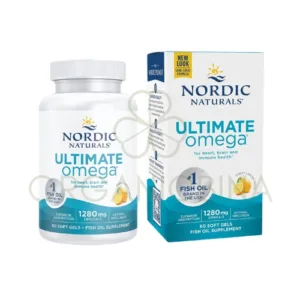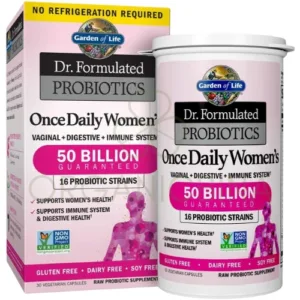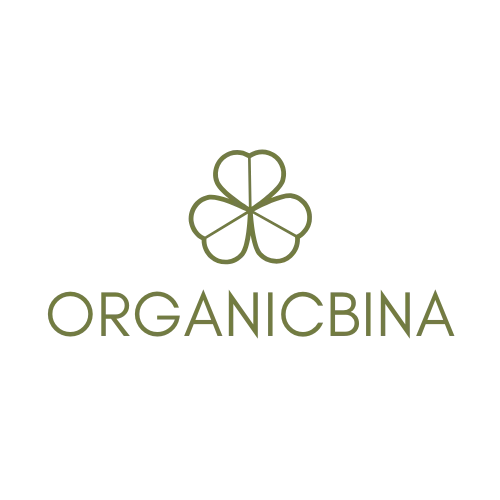news
Collagen: The Body’s Structural Protein and the Rise of Supplements
In the ever-evolving world of health and wellness, few compounds have captured the public’s imagination quite like collagen. Once an obscure term in the world of biology, it has now become a household name, synonymous with youthful skin, healthy joints, and strong hair. This fibrous protein, however, is far more than a beauty trend; it is the most abundant protein in the human body, serving as the essential “glue” that holds us together. This comprehensive guide will demystify what collagen is, its vital roles throughout the body, and why the natural decline of this protein with age has led to the booming popularity of collagen supplements.

What is Collagen? The Body’s Building Block
Collagen is a complex protein made of amino acids, primarily glycine, proline, and hydroxyproline. It forms long, fibrous structures that provide strength and elasticity to our tissues. Think of it as a scaffold or a network of ropes and pulleys that keeps everything in place.
- Skin: Collagen is the main structural component of the dermis, the layer of skin beneath the epidermis. It provides the framework that gives skin its firmness and resilience, keeping it plump and wrinkle-free.
- Joints: As a key component of cartilage, collagen cushions the joints, allowing bones to move smoothly without friction. It is also found in tendons and ligaments, which connect muscles and bones.
- Bones: Collagen forms the flexible organic framework of our bones. Minerals like calcium are deposited onto this framework, giving bones their hard, rigid structure. Without collagen, our bones would be brittle and prone to fracture.
- Other Tissues: Collagen is also a vital component of our blood vessels, muscles, and gut lining.
The Inevitable Decline: Collagen and Aging
Starting in our mid-20s, our body’s natural collagen production begins to slow down. This decline is a major factor in the signs of aging we experience.
- On the Outside: The skin loses its elasticity and firmness, leading to the formation of fine lines, wrinkles, and sagging.
- On the Inside: Cartilage in our joints can start to wear down, leading to stiffness and pain. Our bones can become more fragile, and our gut lining can become less resilient.
This natural decrease in collagen production is often accelerated by external factors like excessive sun exposure, smoking, and a diet high in sugar and processed foods.

The Rise of Collagen Supplements: An Inside-Out Approach
The idea behind collagen supplements is to provide the body with the raw materials it needs to produce more of its own collagen. When you consume a collagen supplement, your body breaks it down into smaller, bioavailable particles called peptides. These peptides are then absorbed into the bloodstream.
- The Signaling Hypothesis: The most accepted scientific theory is that these collagen peptides act as signals. They travel to the cells responsible for producing collagen (fibroblasts in the skin, chondrocytes in the cartilage) and signal them to ramp up their production.
- Providing the Building Blocks: The amino acids in collagen peptides also provide the necessary building blocks for the body to synthesize new collagen.
Choosing a Quality Supplement
With a market saturated with products, it’s important to choose wisely.
- Hydrolyzed Collagen/Peptides: Look for products labeled as “hydrolyzed collagen” or “collagen peptides.” This means the protein has been broken down into a form that your body can easily absorb.
- Sourcing: Collagen supplements are sourced from animals. Common sources include bovine (from cows), marine (from fish), and chicken. The source often dictates the type of collagen it contains (e.g., marine is rich in Type I, chicken is rich in Type II).
- Third-Party Testing: Look for products with third-party certifications (like NSF, USP) to ensure they are pure, free of contaminants, and contain the ingredients listed on the label.

Conclusion: A Proactive Strategy for Wellness
Collagen is more than just a beauty aid; it is a fundamental component of our body’s structure. The natural decline of this protein with age highlights the importance of a proactive approach to health. By incorporating high-quality collagen supplements into your routine, you can support your body’s natural ability to maintain its youthful vitality, ensuring that your skin, joints, and bones stay strong and resilient for years to come.


